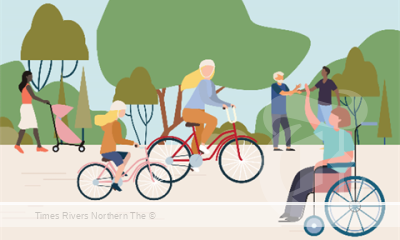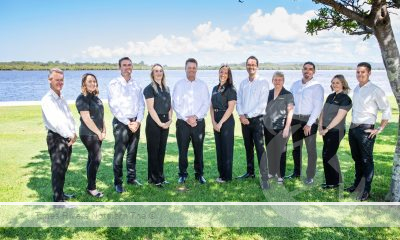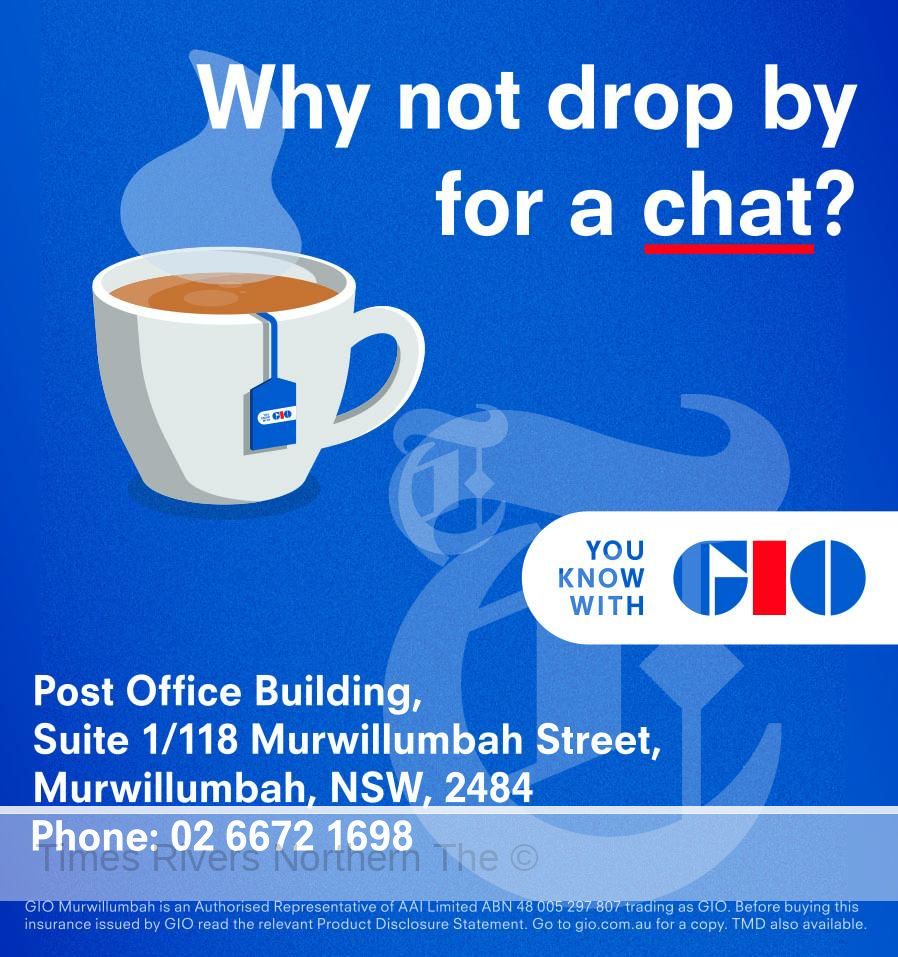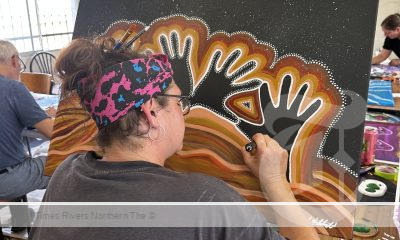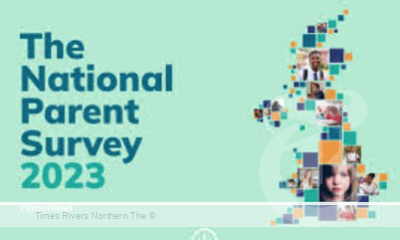Promising results of new Alzheimer’s drug published – early diagnosis is key
Dementia Australia
Dementia Australia has welcomed the publication of the results of a trial showing that a new drug, donanemab, has been able to slow the progression of symptoms of early Alzheimer’s disease.
Dementia Australia CEO Maree McCabe AM said this drug was an exciting new development and another step forward in expanding the number of treatments for dementia.
Advertisements

 “These results provide much needed hope for people who are developing symptoms, have mild cognitive impairment or who are in the early stages of Alzheimer’s disease,” Ms McCabe said.
“These results provide much needed hope for people who are developing symptoms, have mild cognitive impairment or who are in the early stages of Alzheimer’s disease,” Ms McCabe said.
“With dementia the second leading cause of death of Australians, and the leading cause of death of Australian women, we welcome any steps taken towards improving the lives of people living with dementia, their families and carers.
“This research also highlights the importance of early diagnosis so people can access treatment and support as soon as possible.
“We need to raise awareness and understanding of dementia to reduce discrimination and stigma so we can ensure people with concerns about their cognition are seeking information and support as early as possible.
“We know the earlier people access support and services the better their health, care and lifestyle outcomes.
“Donanemab will need to be approved by the Therapeutic Goods Administration (TGA) for use in Australia. It also comes with possible side effects that need to be carefully monitored by health professionals.
“If this news raises any questions or concerns for anyone about their memory or changes in cognition, please do contact the National Dementia Helpline on 1800 100 500.”
The drug, developed by pharmaceutical company Eli Lilly, works by inducing antibodies designed to attach to and remove amyloid plaques from the brain.
Chair of Dementia Curtin University and Dementia Australia Professor Blossom Stephan said the results of the trial were encouraging.
“The trial found that for participants with mild cognitive impairment and mild dementia, donanemab slowed cognitive decline by up to 35 per cent which is very promising,” Professor Stephan said.
“This research also highlights the need to ensure that healthcare services are equipped to deliver the intervention as well as make sure that access to treatment is equitable and available to everyone.”
Dementia Australia Dementia Advocate Bill Yeates, who was diagnosed with younger-onset-dementia in 2019, said the results were remarkable.
“This demonstrates that it is possible to significantly slow down the rate of cognitive decline through the removal of amyloid beta (plaques) from the brain,” Mr Yeates said.
“For me it’s that ‘ray of hope’ that I believed would happen one day, where people living with dementia can have a future. One where you can lead a better life, one that you value.”
The results were published today in a leading international journal and presented the Alzheimer’s Association International Conference in Amsterdam.
Dementia Australia is the source of trusted information, education and services for the estimated more than 400,000 Australians living with dementia, and the more than 1.5 million people involved in their care. We advocate for positive change and support vital research. We are here to support people impacted by dementia, and to enable them to live as well as possible. No matter how you are impacted by dementia or who you are, we are here for you.
For support, please contact the National Dementia Helpline on 1800 100 500. An interpreter service is available. The National Dementia Helpline is funded by the Australian Government. People looking for information can also visit dementia.org.au



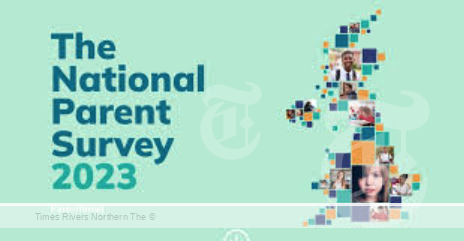

 Tweed Shire News2 years ago
Tweed Shire News2 years ago
 Motoring News1 year ago
Motoring News1 year ago
 COVID-19 Northern Rivers News3 years ago
COVID-19 Northern Rivers News3 years ago
 COVID-19 Northern Rivers News3 years ago
COVID-19 Northern Rivers News3 years ago
 Northern Rivers Local News3 years ago
Northern Rivers Local News3 years ago
 Health News3 years ago
Health News3 years ago
 COVID-19 Northern Rivers News3 years ago
COVID-19 Northern Rivers News3 years ago
 NSW Breaking News3 years ago
NSW Breaking News3 years ago








 “These results provide much needed hope for people who are developing symptoms, have mild cognitive impairment or who are in the early stages of Alzheimer’s disease,” Ms McCabe said.
“These results provide much needed hope for people who are developing symptoms, have mild cognitive impairment or who are in the early stages of Alzheimer’s disease,” Ms McCabe said.


